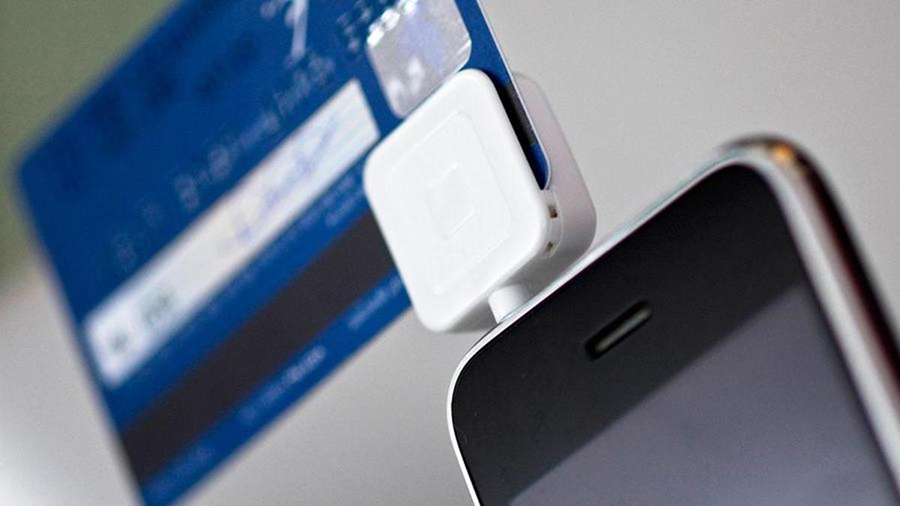The Wall Street Journal reports that the Federal and state banking regulators in the US have approved an application from financial-tech company, Square, to start its own bank in Utah. The stock on Nasdaq went up by about 16% amid the news of the approval.
The bank, Square Financial Services Inc., is expected to launch in 2021 and will be supervised by the Federal Deposit Insurance Corp. and the Utah Department of Financial Institutions.
Square Financial Services will offer small-business loans to merchants that use Square devices to process their payments. Square’s banking effort started over 2½ years ago and was marked by opposition from some bank lobbyists and community groups, who objected to Square’s decision to pursue a charter for a so-called industrial loan company.

Why is this relevant to us in Nigeria? Square is a classic Fintech whose operations have expanded across a few complimentary verticals over the past several years. It started as an innovative Point of Sale Terminal provider before moving to provide technology services for merchants. And now as a natural progression, its offering business loans to the small businesses it already serves.
There are a few Nigerian Fintech startups that are solving similar problems and may take a cue from the progress achieved so far by Square.
[READ MORE: The greatest tech solutions spring from most regular problems)
But to be clear, a few capabilities that Square has developed are driving this progress and we must understand them.
- Innovation: Starting in a market with point-of-sale is already fully penetrated, the company innovated and created a new terminal type, priced for small business and they saw gains.
- Capital: Square is funded by some of the leading VCs out of silicon valley from inception and has used the capital raised to drive innovation and expand its team to pursue new opportunities including the bank.
- Geographic focus: As successful as it has been, Square has almost exclusively focused on winning in the US market and sometimes that’s a strategy that is required to be successful.























The metrics for Nigerian Fintechs are different. Asides Square having a support base from major VCs, it seeks to serve as a supplement to traditional banking.
In Nigeria, Fintechs are a liberation from the evil of traditional banking.
Traditional banks have drawn unthinkable blood from the finances of the average Nigerian and fintechs serve as a way by which the citizens are protesting the abuse.
Nigerians would rather now have their monies and Piggybank, Carbon, Aella etc – to make them banks would be to make them one and the same with the same banks the average Nigerian is running from.
You hit it right in the money @kamosende. Moreover the amount of hurdles to jump to get the licence as bank is not as straight forward as you would think.
Fintechs in Nigeria are not trying to be banks but rather provide alternative banking solutions that mitigate the issues customers have to deal with their respective banks.
Should they cross that line, they would essentially be one of them. Unless the fintechs collectively work together as one entity, leverage on their individual strength to provide the banking services that these banks offer in a more efficient and effective manner, then it would be a welcomed development i.e. like a hypothetical NGO bank that leverages on the solutions and efficiencies of the Fintechs to serve the people. My only issue would be how they would protect against Selfish interests.
Cheers
I disagree with the above opinions considering the high percentage of unbanked that currently exists, there is still a lot of space for financial service offerings that fintechs can explore, not having to limit themselves within a particular fence and becoming competitive enough to getting such licenses and not always rendering superiorities to the bank.